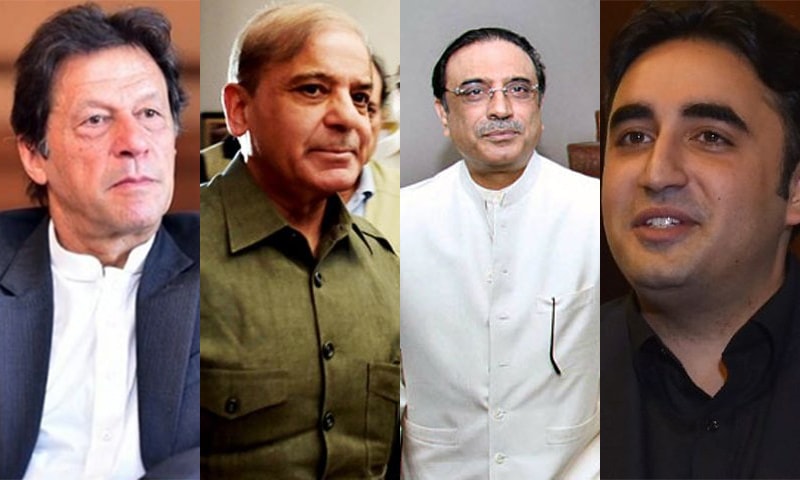In the wake of the no-confidence move against Prime Minister (PM) Imran Khan by the Opposition, a debate has started about several issues ranging from the government completing its term to defections from the ruling party. In Pakistan’s history, no civilian prime minister has ever completed his/her five-year term. Even when the last two civilian governments completed their tenures from 2008-2018, despite many hiccups and conspiracies against the governments. Of course, we do not know what the result of the latest vote of no-confidence will be, but if we are to believe speculations about what is happening in politics, this government may not survive and even PM Khan may not be able to complete his full term. Ideally, a civilian government, no matter how it has come to power, should be able to complete its full term. In a democracy like Pakistan, there are many factors involved in politics, which is why it is important for democratic governments to complete their tenures.
On the other hand, a vote of no-confidence is also a constitutional right that can be exercised in parliament to remove the Prime Minister from office if he/she loses the confidence of the majority of the members of the National Assembly. The number required to dislodge the premier is 172. The Opposition has followed a democratic procedure by moving a resolution for a vote of no-confidence, which requires signatures of at least 20 percent of the total membership of the lower house.
Under the 1973 Constitution, we have seen two votes of no-confidence in the past against prime ministers. First against Benazir Bhutto in November 1989 and then against Shaukat Aziz in August 2006. Both Bhutto and Aziz survived the votes. After successfully defeating the vote of no-confidence, Benazir Bhutto gave a magnanimous speech and said she bore no ill-will against the opposition. Contrast her words with what is happening today — a prime minister addressing the nation with a short message to join his March 27 rally, bitter words by the ruling party on national television, threats of what is in store for those members who have gone to the opposition’s side, threats of a showdown, etc. This is not how politics should be but unfortunately, we have seen how the discourse over the last few years has led to politicians stooping to the lowest level just to settle scores. Add to it labels like a traitor, apart from other choice words. These add to the toxicity of political discourse, which is telecast live on our television screens.
Parliament’s fights should be fought on the floor of the house through the vote of no-confidence, not on the streets.







